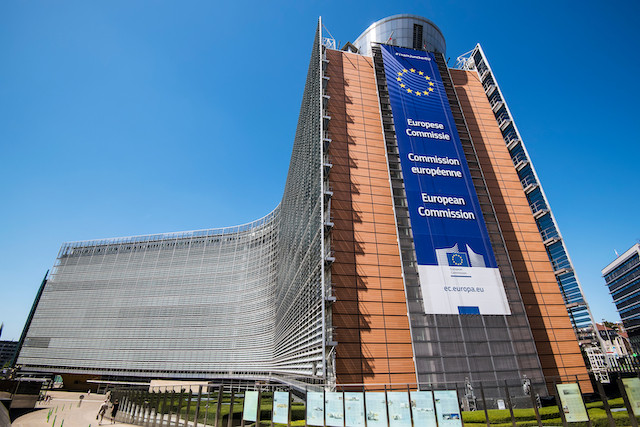The funds are a game changer for Luxembourg’s media landscape as publishers will receive subsidies based on the number of journalists they employ, rather than the number of print pages published. The estimated budget will pay for the scheme until the end of 2031.
“The commission found that the scheme will facilitate the development of the news media sector and contribute to promoting media pluralism and editorial independence,” the EU executive said in a statement, adding that “the positive effects of the measure outweigh any possible negative effects in terms of distortions of competition.”
Under the new rules, eligible media companies receive €200,000 in support plus an additional €30,000 per accredited journalist per year. Online media must publish at least two stories per day, six days a week.
Emerging publications with at least two journalists on staff receive €100,000 annually for a period of three years. Citizen media are also eligible for funds under the new scheme. And publications not in one of the official languages--French, German or Luxembourgish--can also apply for funding.
The go-ahead by the European Commission marks an important step in the implementation of the new press subsidy law, which must still be voted by members of parliament.
Earlier in June, the Luxembourg association of professional journalists (AJLP) had demanded a meeting with lawmakers to discuss the draft law, criticising that the funding per journalist had shrunk from an earlier proposal of €55,000 to €30,000, “but also important technical questions that jeopardise a quick implementation.”
The majority parties denied the meeting, saying that reopening discussions risked delaying the law.
Prime minister Xavier Bettel (DP), who is also Luxembourg’s media minister, had announced plans to reform press subsidies when his government first took office in 2013. It took until July 2020 for the coalition parties to agree on a draft law, which has since been debated in parliament.
A 2018-2019 study by the Centre for Media Pluralism and Media Freedom warned of a risk of media ownership concentration in Luxembourg, with bigger media companies--RTL, Editpress and Saint-Paul--dominating the market across different channels.
The press subsidies, first introduced in the 1970s, aim to support media outlets and encourage diversity in a small market.
